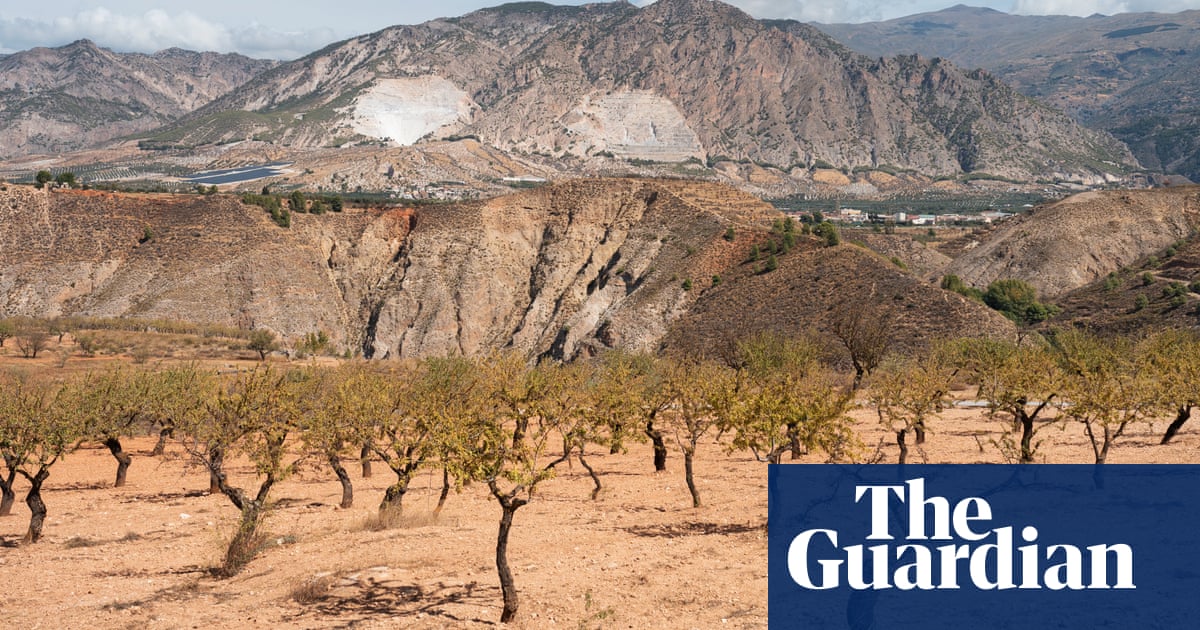But while Garriga and other Catalans have been suffering water shortages in recent years, there’s one group of people that appears to be immune, and even profits from them: the multinational companies extracting millions of litres of water from the very same land. This isn’t just a Spanish issue – across the world, from Uruguay to Mexico, Canada to the UK, many have begun to question whether private corporations should be allowed to siphon off a vital public resource, then sell it back to citizens as bottled water.
The tragedy in Spain makes the country one of the canaries in the coalmine when it comes to understanding the global threat to water security. Can the growing number of angry citizens surrounded by private water plants but left without safe water in their homes force a rethink of how this resource is managed? And as weather patterns change, should private companies continue to have easy access to vital reserves of underground water?



Why would this be the tipping point after everything else they’ve done? They’ve also done this exact thing many times across the globe. (Wanted to post an example, but there’s a LOT coming up when you google ‘nestle drought’, so I didn’t want to post just a small part)
People don’t care until it affects them. Out of sight out of mind - until it’s in your backyard. It won’t change the shopping habits of people in Madrid or outside of Spain, but those directly or indirectly affected might finally consider checking the labels on the things they buy. Maybe, just maybe, they’ll see a Nestlé logo and go “fuck them, I’m not buy any of their products again”.
It’s exactly the same with climate change.
If starting out as a family of slavers didn’t end their dynasty, then nothing will.